|
3/16/2018 Runaway Stories - Sam WilliamsThe day I started high school, my mother began a long, slow descent towards death.
That’s not how it actually happened. But that is how it feels when I remember back to those formative four years. I started high school in 2006. At the time I weighed 200 lbs, stood at five foot, wore glasses, played video games, piano, and a bit of tennis. That year, I tried to run for the first time since elementary school and didn’t understand why I was “sore” the next day having never exercised that hard before. I lived in Bow, New Hampshire, a lovely wooded town. It’s downtown consisted of a garden, a gazebo, a residential ranch-styled gray house, and a fire station where an interior basketball court held local children theater performances, scrimmages, town hall meetings, and presidential talks (it’s New Hampshire so the likes of Bill Clinton and George Bush have spoken there). The fire station parking lot also serves as the local drug zone. The nearest city is Boston, an hour and a half drive away. The closest grocery store is twenty minutes away. The most exciting thing to do in the town is ski when it’s snowy, which is the norm seven months of the year. Bow was a safe place to grow up, a beautiful place to grow up, a supportive place to grow up. It was not a particularly interesting place to grow up. (great!) When I entered Bow High School, I was plummeting toward friendlessness. My longtime next-door neighbor and best friend had moved and silently done whatever the version of a friendship breakup is. My other best friend was dabbling in drugs and we were drifting apart. As my mother became ill, my family acted accordingly. We picked up the chores, the responsibilities, the activities (as best we could) that she normally did. As it was so early in the process, none of us really thought that this health trouble was anything serious. Given the mixture of friendlessness, extra academic work and home responsibilities, and a lack of motivation to do anything outside the house, I began to do something I hadn’t done for a couple years—I began to write. My mother used to tell people that I loved to tell stories. One time I grabbed a mic during a church service and walked up and down the pews talking about my own mountainous religious experience. I started writing down my stories in pre-school. I wrote my first book in first grade, a story regarding my cat, Mesha and me. As middle school came and I began to experience verbal and physical abuse from bullies, I felt like my drive to write had been beaten out of me. High school was a time for a fresh start. I was separated from my bullies, but now I faced the punishing effects of social neglect. I turned back to writing, not as a support system or substantial nourishment, but as a form of escape, a place to go where I had total anonymity. My books couldn’t give me that. My video games couldn’t give me that. Only I could give me that. I did so, in the form of novels, short stories, and poems. As my mother’s condition worsened, I turned to writing even more. And though I had gained some truly great friends, I thrust myself totally into my writing. It was to the point where I would come home, do my homework, and then write for five hours. For me, my writing had become an addiction, in a way that porn becomes an addiction. It’s not the same as a sugar high, or a nicotine craving. It was a deep mental pressure, constantly pushing to return to the keyboard. Late in my sophomore year, my mother’s condition entered a scary status. My sister had already left for college and was dealing with all this in her own way. My dad had a job that took him out of the country often, and he needed to provide for us while she couldn’t. Not wanting to add pressure to others, my mom asked me to help her pay her bills, bill her patients, write emails, respond to letters, do the grocery shopping for her. She would drive me to the grocery store and cry as I went in and did the simple activities she longed to do. I wrote stories about dying mothers so often. The hero always found a way to save her. Looking back now, I realize the lack of emotion I felt was unhealthy. I felt empty, blank as I watched my mom struggle up the stairs or cry herself to sleep. But my stories started to eek into my real life. At first I would relay a story I wrote down as a story that happened to me. The first time it was an accident. I was just sharing a story and the person asked if that happened to me. I said yes, too embarrassed to say, “No I made that up.” My time was consumed with my writing, trying to give myself a sense of control, a place to escape to, a place where I didn’t have to deal with my mom, with a fraying relationship with those who mattered most to me, with my social issues, my weight problems, and the fact that I was utterly un-cool. It soon became clear to me that I could craft my own image with fibs. A story here, a tale there, and I was just that much cooler to those around me. It took time to learn what was actually believable, but I found that most people were trusting and I started to prey on that trust. The turning point came when a friend of mine told me something big in his or her life and I thought, without a doubt, that they were lying. But this lie had created a certain image for this person and I thought I could do same. I stopped writing. In order to escape realities, I started creating falsities. It was impossible to fact check my stories without a thorough questioning. But as I was geeky, nice, a bit charming, and a stickler for rules, I appeared trustworthy. Small lies turned into big lies until I was the heartbroken friend of a murder victim in Philadelphia or the confidant whose friend died of parental neglect, or the friend of a poor soul who died in an accident. The stories mutated depending on the person I told them to. For some reason, I had the uncanny ability to keep my stories straight with each person. At the height of my compulsive lying, my writing had all but dried up and my mother was at her worst. I was checking in her bedroom daily to see if she was breathing. It was no surprise that all of my bigger lies dealt with death. I faced it daily. I had source material to pull from, emotions to access that I wouldn’t access in any other way. I cried about my pretend dead comrades, but in actuality I cried about my mom. I graduated high school with an image cultivated in the way I wanted. Though not popular, I had carved out my slot as a semi-talented singer and dancer. I had my second girlfriend totally sold on my lies, and friends who checked in with me and supported me based on the falsities I’d told them . I was absolutely terrified that I would lose them all if my image ever lessened, that I would go back to the slug of a person I was at the beginning of high school. I felt strained, trying to hold onto everything and everybody. I left for college, narratives filling my head, a whole new persona ready for prime popularity and an impending sense that my mother’s deathday clock was speeding towards a finish line. I hugged my mom, she sobbed, and I drove away from my childhood home with my dad towards the mid-west. I wondered if that was the last time I would touch my mom. Soon, my girlfriend broke up with me and hardly any of my friends would talk to me. Something snapped and I felt a divine providence support my path towards honesty. I confessed everything to everybody who I had majorly affected. It was the most painful thing I’ve done thusfar in my life?. I lost friends. My ex despised me for good reason. I spent months fighting to keep those who I loved. I couldn’t bare to write, feeling like I was lying every time I hit a key. My only outlet for my feelings of tumult was through physical reactions. I spent a week in a nursing facility, sick with something they couldn’t identify. I didn’t eat. I lost weight. I vomited daily for weeks and sobbed uncontrollably when no one was around. Then, my mother died. It was February of my freshman year of college. After months of sickness, I no longer felt ill. I didn’t feel healthy either. I just felt nothing. The preceding weeks I only really remember in vague visions of walking around my house, my college campus, and dreams involving all made up characters, each of them dying in the same room my mom did. The only thing that injected actual emotion into my life was a young woman who eventually became my wife. The first thing I wrote of my own accord after my mother’s death was a letter to my then-girlfriend. I didn’t start writing fiction until maybe six months after my mom died, and even then, it was sparring. Something changed with that writing though, it was no longer a form of escape. It was my choice, my mental effort, not a feeling of withdrawal, that pushed me towards the keyboard. The writing normalized, and I found I could write and tell the truth in real life, something I had been afraid would not be possible. I was so scared that if I started making up stories on the page, I’d make them up in life too. Though I’ve written many pages about myself, my family, my life, and many more pages in novels, I’ve never been able to write about this story, my runaway story, what shaped me. It’s my biggest humiliation, my biggest mistake, and I’m constantly scared that I may revert. So I avoid writing as an escape at all costs. But I feel, that with this story, I am moving towards a sense of a healthy writing life, whatever that may be. |
AuthorOur fabulous blog team Archives
June 2024
CategoriesAll 12 Songs Art Art And Athletes Book Review Chorus Blog Date This Book Game Of Narratives Guest Blog Letter From The Editor Lifehacks Movies Of 2019 Music Pup Sounds Smackdown Strive For 55 Summer Playlists |
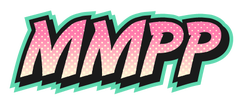
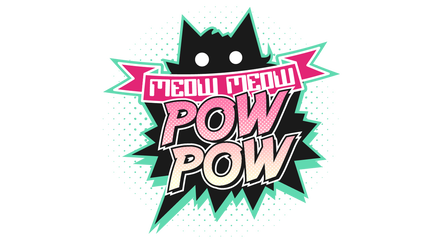
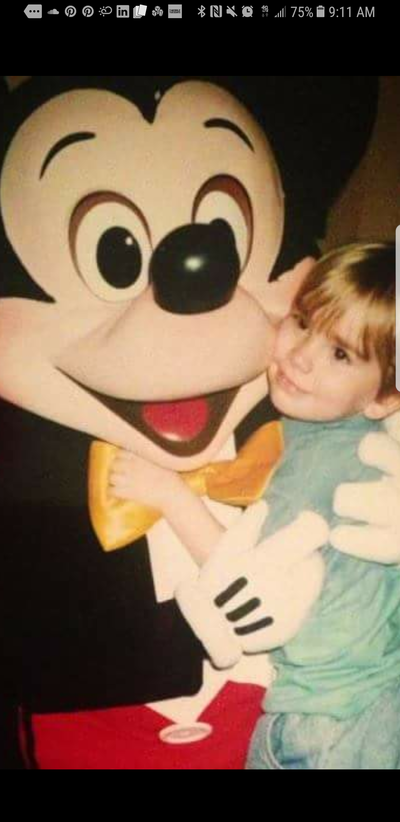
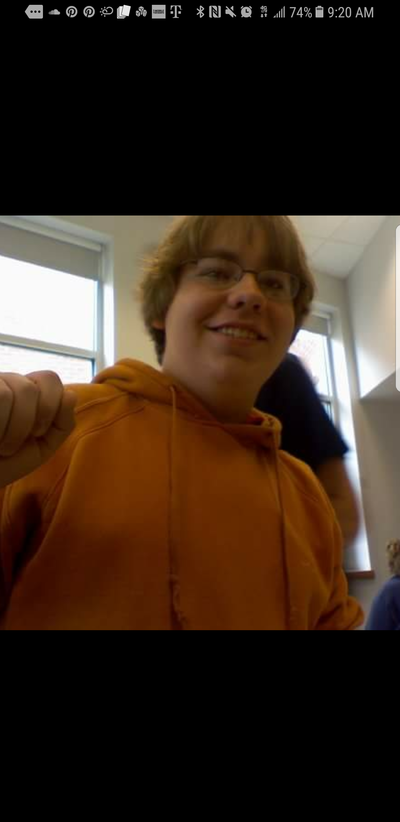
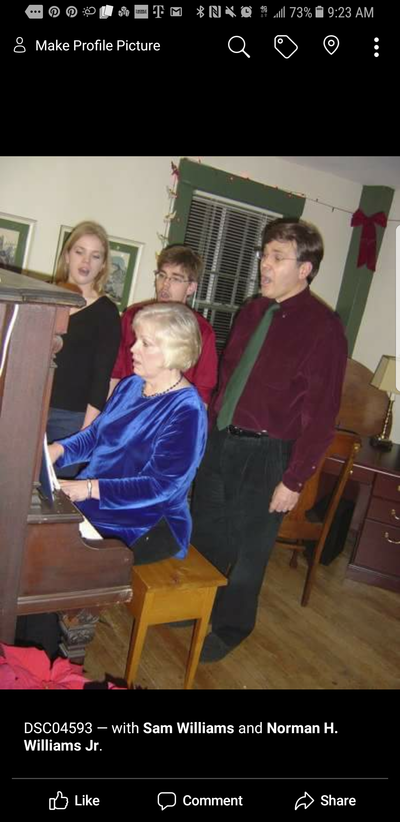
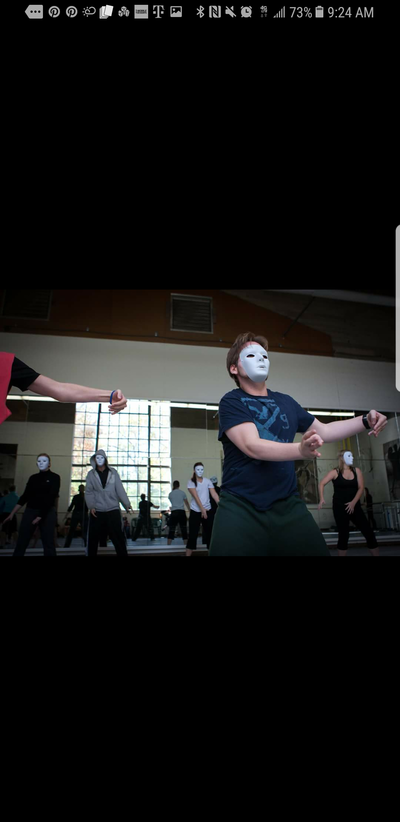
 RSS Feed
RSS Feed